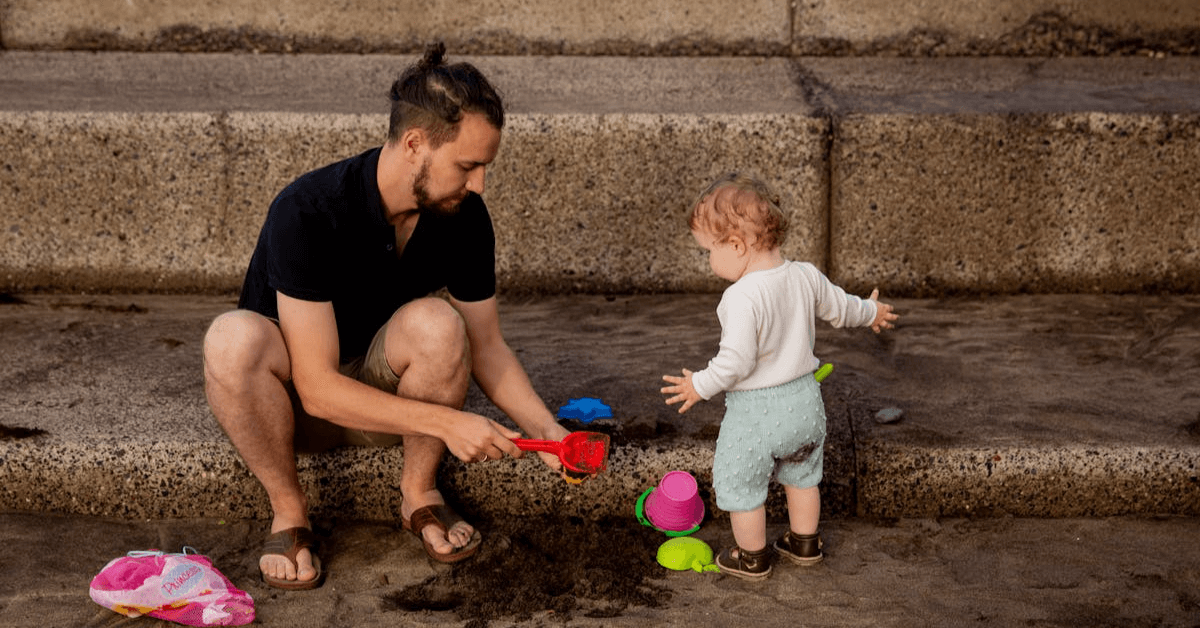Divorce and Child Custody
When parents divorce, child custody is one of the most important matters to address.
In Australia, child custody decisions focus on the best interests of the child, with an emphasis on ensuring both parents maintain a meaningful relationship with their children.
Custody arrangements can vary widely, including shared parental responsibility or one parent having primary custody.
The court encourages parents to reach an agreement amicably. Still, if this is not possible, a judge will make the final decision based on several factors, including the child’s welfare, stability, and the capacity of each parent to care for the child.
Shared Parental Responsibility
In most cases, Australian family law promotes shared parental responsibility, meaning both parents should be involved in making major decisions about their child’s life. This includes decisions on education, health, religion, and living arrangements. Shared responsibility does not necessarily mean equal time spent with the child, but it does imply that both parents must collaborate on important matters.
The court prioritises the child’s well-being, so the child’s needs remain the focal point even in shared arrangements.
Key Takeaway: Shared parental responsibility allows both parents to have a role in important decisions about their child’s life, even if the child does not spend equal time with each parent.
Factors Affecting Child Custody
Australian courts consider various factors to ensure the child’s best interests are met when making custody decisions.
These factors include the child’s emotional and physical well-being, their relationship with each parent, and the ability of each parent to provide a safe and nurturing environment.
The court also considers the child’s views, depending on their age and maturity. Other considerations include the child’s adjustment to school, community, and home life, as well as any history of family violence or neglect.
Key Takeaway: The court considers many factors when determining custody arrangements, with the child’s best interests as the primary focus.
Parenting Plans and Consent Orders
Parents who agree on custody arrangements can create a parenting plan or apply for a consent order to formalise the agreement.
A parenting plan is a written, voluntary agreement outlining custody and visitation schedules and other parenting matters.
However, it is not legally binding. For a legally enforceable arrangement, parents can apply to the court for a consent order, which formalises the agreed terms and ensures they are legally recognised.
This allows both parents to follow the arrangement without the risk of unilateral changes.
Key Takeaway: Parenting plans are flexible but not legally binding. Consent orders offer a formal, enforceable way to establish custody arrangements.
Need a Lawyer?
Court Intervention in Custody Disputes
If parents cannot agree on custody, the matter may be taken to court. In these cases, the court will examine the family situation and make a decision based on what is best for the child.
The court may appoint an independent children’s lawyer to represent the child’s interests.
Court intervention should be a last resort, as it can be stressful for all involved. Mediation and family dispute resolution services are often recommended to resolve custody issues outside court.
Key Takeaway: If parents cannot reach an agreement on custody, court intervention may be required. However, mediation is encouraged to avoid lengthy court proceedings.
Child Custody and Relocation
Relocation can significantly impact child custody arrangements. If one parent wishes to move with the child to a different location, it must be agreed upon by the other parent or approved by the court.
The court assesses the benefits and risks of the relocation, focusing on how the move will affect the child’s relationship with both parents.
If relocation is not agreed upon, the matter may be settled in court, with the child’s best interests remaining the central consideration.
Child custody matters in divorce cases revolve around the child’s best interests, focusing on shared parental responsibility and the child’s overall well-being. Parents are encouraged to reach agreements through parenting plans or consent orders, and mediation is preferred before pursuing court intervention.
By prioritising the child’s emotional, physical, and developmental needs, Australian family law aims to create stable and supportive environments for children of divorced parents.

